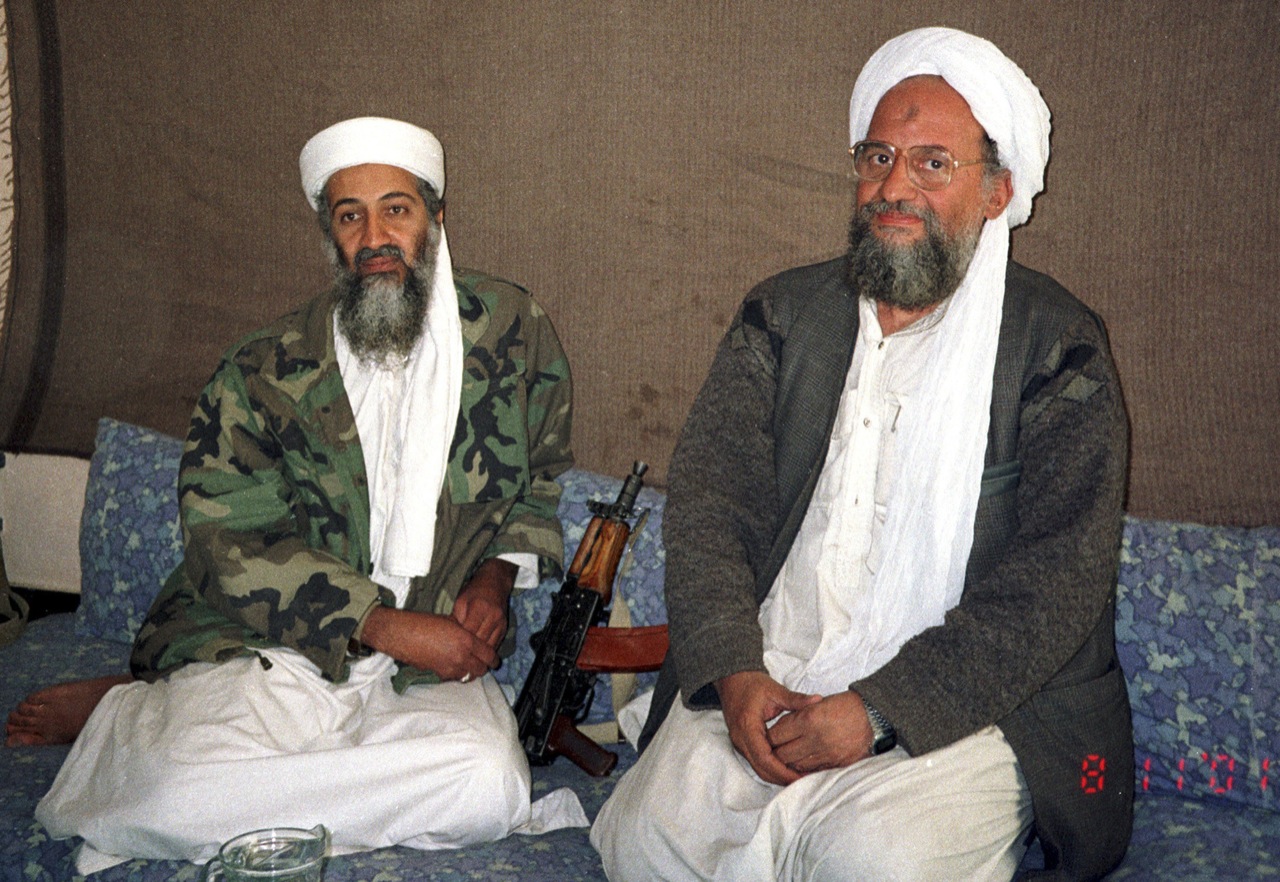KABUL (Parliament Politics Magazine) – Since the targeted killing of al-Qaeda leader Ayman al-Zawahiri, the Doha deal, which was agreed between the US and the Taliban almost two years ago, has been the topic of heated controversy.
On Sunday morning, a US drone strike killed Zawahiri while he was standing on his villa’s balcony in Kabul, the Afghan capital.
Zawahiri, a seasoned militant with a $25 million bounty on his head, assisted in planning the 9/11 strikes on the US that claimed about 3000 lives.
US president Joe Biden, said in a speech on Monday that “justice has been delivered” and that Washington would not allow Afghanistan to once more serve as a “safe haven” for terrorists.
Although Biden made no reference to the Taliban or the deal, Antony Blinken, US Secretary of State later criticised the Taliban harshly for its “unwillingness or inability” to uphold the agreements it made with the US in the 2020 Doha Agreement to end the longest war of America.
By harbouring and hosting the leader of al-Qaeda in Kabul, the Taliban gravely violated the Doha Agreement and repeated guarantees to the world that they would not let Afghan territory to be exploited by terrorists to endanger other countries’ security, he said.
He continued by saying that the purpose of the drone operation was to defend Americans from terrorist threats coming from Afghanistan and that Washington would continue to provide strong humanitarian aid to the Afghan people.
The Taliban, who took over control of Afghanistan last year, criticised the strike and asserted that it was a breach of the Doha Agreement without specifically mentioning Zawahiri.
According to the Taliban’s top spokesperson Zabihullah Mujahid, such operations were a replay of the failed experiences of the last 20 years and were against the interests of the US, Afghanistan, and the region.
Just one day after the assassination was reported, the Doha deal has been brought up by both sides, sparking intense debate about who violated it and what, if any, repercussions would follow given the violation of the accord.
The only thing that gave this agreement life was the level of trust shared by the two parties. And that trust had been severely damaged, Graeme Smith, an author and consultant with almost ten years of experience in Afghanistan told the Middle East Eye.
What is the Doha Agreement?
Former US President Donald Trump, who ran on a campaign promising to prevent “endless wars,” mediated the Doha accord.
The accord was signed in February 2020 by Mullah Abdul Ghani Baradar, the Taliban political chief and Zalmay Khalilzad, US special envoy with Mike Pompeo, former US Secretary of State, present as a witness. This came after 17 years of violent war and numerous unsuccessful diplomatic efforts.
The Taliban affirmed that no terrorist organisations, including al-Qaeda, the Islamic State of Khorasan (IS-K), or other organisations, would use Afghanistan as a base for attacks that “threaten the security of the United States.”
In addition, the Taliban accepted an offer they had previously rejected to participate in peace negotiations with the Afghan government, which is backed by NATO.
In exchange, the US promised to reduce the number of its troops in Afghanistan before completely withdrawing all NATO forces.
The White House postponed the US withdrawal’s end date to September 11, 2021, after Biden took office.
But the Afghan government crumbled and former President Ashraf Ghani left the country in the days preceding the planned withdrawal.
The Taliban were waging a blitzkrieg at the time, which saw the armed group acquire a significant amount of territory throughout the nation.
A one-off event
Since the Taliban took control last August, each side has accused the other of breaking the agreement.
Each side seems to accuse the other of infractions, and that has been a consistent aspect of the Doha agreement since its inception, says Ibraheem Bahiss, an analyst with International Crisis Group’s Asia programme.
According to the Doha Agreement, Washington may conduct military operations against al-Qaeda and other militant organisations in Afghanistan “with the consent of the Islamic Republic of Afghanistan.”
But it’s not clear if it includes the Taliban regime, which serves as the nation’s de facto government. On Monday, an official of the White House said that the Taliban wasn’t notified by the US of the strike or involved in any coordination with them.
Given that the Biden administration has praised the success of its “over the horizon” drone programme, it is also unclear whether this kind of strike was merely a one-off incident or a foreshadowing of many more to come.
“No matter where you hide, if you are a threat to our people, the United States will find you and take you out,” declared Biden emphatically on Monday.
It shouldn’t be regarded as the default choice for addressing security threats coming from Afghanistan and because it had not worked in the past, Smith stated.
Bombing nations hasn’t shown to be an effective strategy to make those nations more stable and safer, he added.
Smith, who is also a senior consultant for the International Crisis Group, pointed out that there still seems to be opportunity for diplomacy moving forward despite the rage evident in the charges coming from both sides.
Thankfully, he noted, the two parties were still talking. Since the strike, he had spoken with both Taliban and Americans who deal with them, and both parties maintain that this won’t close the door to future cooperation, but there was a lot of testiness, he added.






